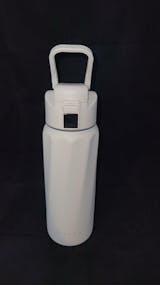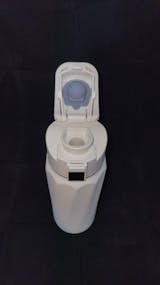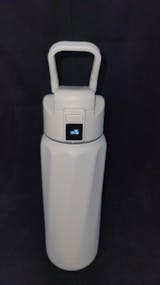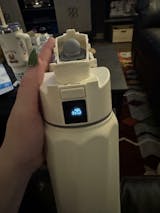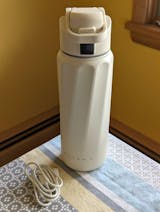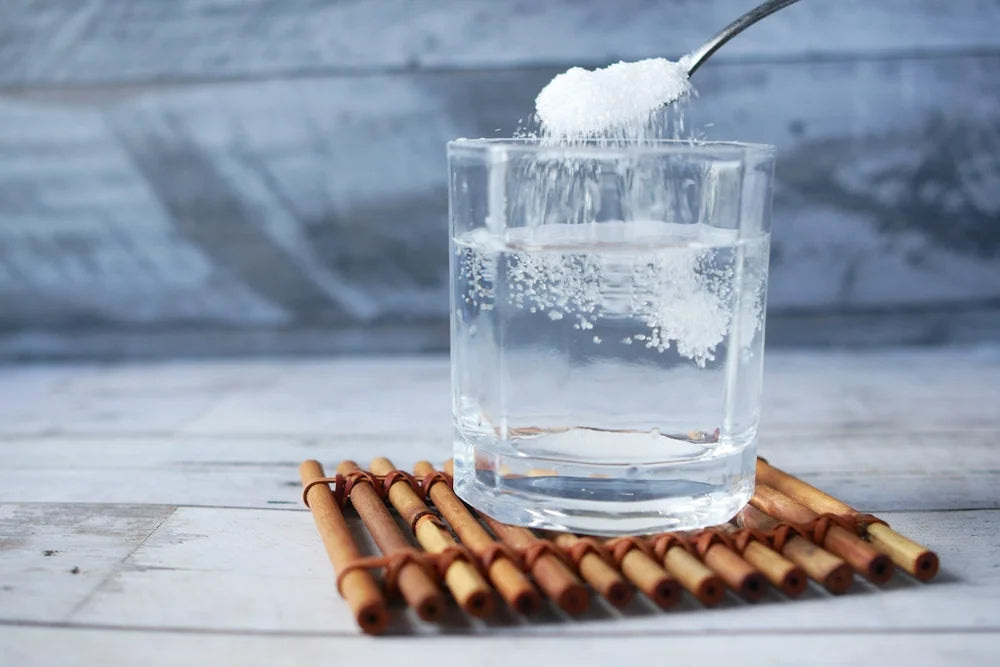
Understanding Electrolytes: When and Why You Need Them
You've probably heard about electrolytes, but do you know what they are and why they're so important for your health? These tiny charged minerals are key players in your body, helping to keep your hydration levels balanced, your muscles working properly, and your nerves firing as they should. But what happens when they're depleted, such as during intense exercise or illness? What's the optimal way to replenish them? Stay tuned to unravel the mysteries of electrolytes and discover how to keep your body functioning at its peak.
What are electrolytes?

Although you may not realize it, electrolytes are crucial for your body's functioning. They are essential minerals, like sodium, potassium, and calcium, that carry an electric charge.
These powerhouses perform various electrolyte functions, such as maintaining your body's fluid balance, nerve conduction, and muscle contractions.
When you're well-hydrated, you've got the right amount of these minerals. But if you're not, you might experience an electrolyte imbalance. This can lead to deficiency symptoms, like fatigue, headaches, or worse.
That's why the importance of hydration can't be overstressed. It's not just about quenching your thirst but also about keeping these vital minerals in check.
The sources of electrolytes
You may be wondering where these essential electrolytes come from. Well, they're more elusive than you might think. There are several common sources of electrolytes that you can include in your daily diet. You don't have to go out of your way or spend a fortune to ensure you get enough.
Let's delve into five sources that you should note:
- Natural sources: Mother Nature provides many electrolyte-rich foods. Fruits like bananas, oranges and vegetables like spinach and nuts are all great sources.
- Dietary supplements: These can be a convenient way to ensure you get your daily electrolyte dose.
- Sports drinks: A popular source, especially after exercising. However, watch out for the high sugar content in some brands.
- Hydration strategies: This includes drinking water regularly throughout the day and during workouts.
- Electrolyte-rich foods: These include dairy products, meat, and whole grains.
When do you need electrolytes?

Your body often requires an electrolyte boost, particularly after engaging in strenuous physical activities, when you're ill, or during hot weather.
Electrolytes are vital for maintaining hydration levels, and a deficiency can significantly impact your athletic performance or slow down your illness recovery process. Five key circumstances typically necessitate an increased intake of electrolytes:
- Strenuous exercise: Intense physical activities cause you to sweat, depleting your electrolyte levels. To maintain peak performance, you'll need to replenish them.
- Illness: During sickness, especially if it involves vomiting or diarrhea, your body loses electrolytes rapidly. Replacing them aids in faster recovery.
- Heat exposure: Spending prolonged time in hot weather increases perspiration, which decreases hydration levels and electrolyte balance.
- Dietary choices: If your diet is low in fruits and vegetables, you mightn't be getting enough electrolytes, necessitating a boost.
- Chronic health conditions: Certain conditions, like kidney disease, can affect the body's ability to maintain electrolyte levels, requiring supplementation.
How do you maintain electrolyte balance?

While ensuring your body has enough electrolytes is crucial, maintaining a balance is equally important. Your body's electrolyte balance can be affected by different factors such as diet, activity level, and overall health. Here, we'll look at some strategies you can adopt to keep your electrolyte levels in check.
Firstly, consider your hydration strategies. Drinking fluids by using a water bottle with app regularly can help maintain these levels, especially during exercise.
Speaking of exercise, put in place good exercise recovery plans. This might include sports drinks or foods high in electrolytes, like bananas or yogurt. Your food choices also matter. Incorporate foods rich in electrolytes into your diet, such as fruits, vegetables, dairy products, and grains.
Remember the health benefits of maintaining a balanced electrolyte level. It supports nerve and muscle function, balances the pH level in your body, and aids hydration. Lastly, be aware of deficiency symptoms. These could include fatigue, nausea, headaches, or irregular heartbeat. In a nutshell:
- Review your hydration strategies.
- Implement exercise recovery plans.
- Make smart food choices.
- Consider the health benefits.
- Recognize deficiency symptoms.
Maintaining a balanced electrolyte level can be a simple yet effective way to boost your overall health.
FAQs
What symptoms might indicate an electrolyte imbalance?
If you experience dehydration symptoms, muscle cramps, fatigue, heart irregularities, nausea, or headaches, these could indicate an electrolyte imbalance. It's crucial to seek medical attention when you notice these signs.
Can electrolyte imbalances cause health complications?
If you're experiencing dehydration symptoms, muscle cramps, fatigue, heart irregularities, nausea, or headaches, these could indicate an electrolyte imbalance. It's crucial to seek medical attention when you notice these signs.
Conclusion
So, you've got the scoop on electrolytes. They're essential for your body's hydration, muscle function, and nerve activity. When you're breaking a sweat, battling illness, or just not eating right, your electrolyte levels may need a boost. Whether you choose natural foods or supplements, keeping your electrolyte balance in check is vital. Listen to your body and respond accordingly. After all, maintaining your health and performance should be your top priority. Follow WaterH to find more practical tips for staying healthy.












